Learning from nature: Rabindranath Tagore’s vision
To Rabindranath Tagore, nature was essential to not only experience the unity of truth in this world but also to children’s wholesome development.
Theels are the unique feature of The ArmChair Journal. Here, matters of political philosophy that are embedded in an engagement with reality are published.
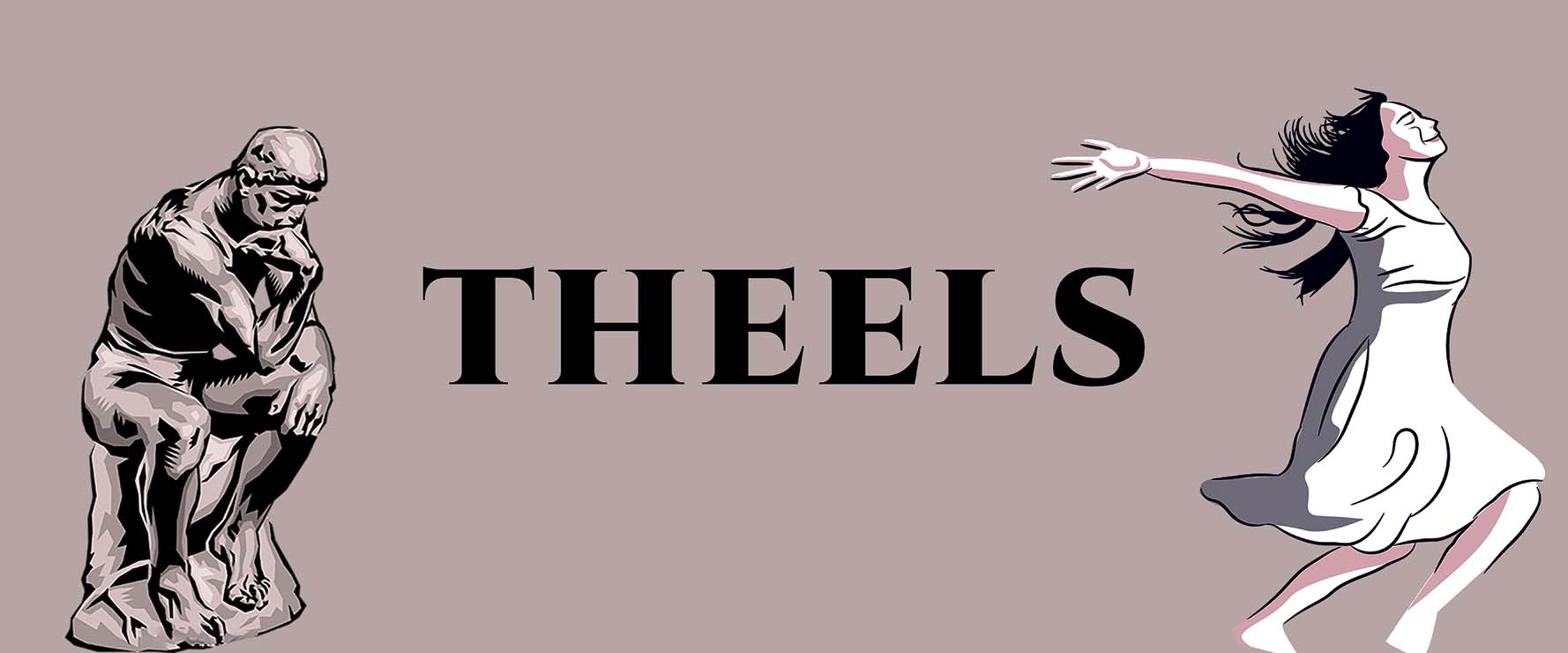
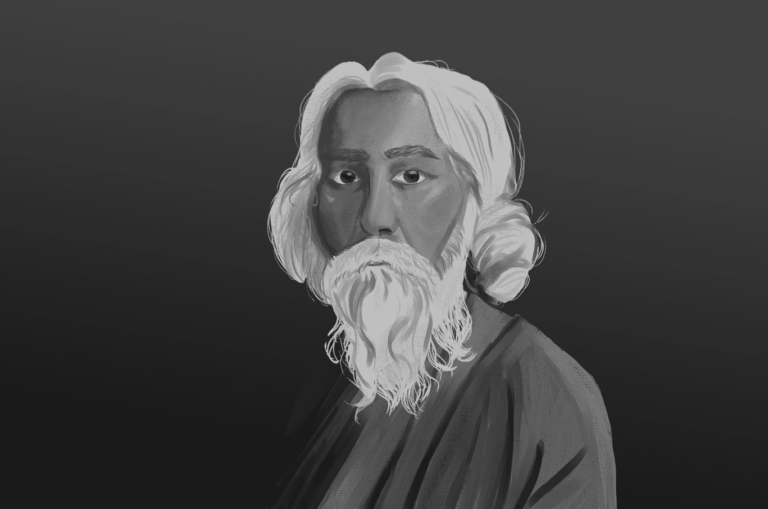
To Rabindranath Tagore, nature was essential to not only experience the unity of truth in this world but also to children’s wholesome development.
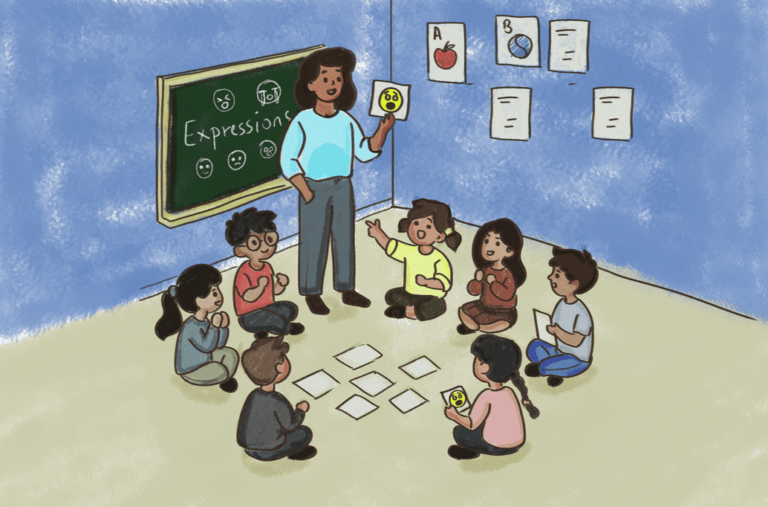
Three young beginning teachers and their educator explore possibilities in a primary grade classroom.
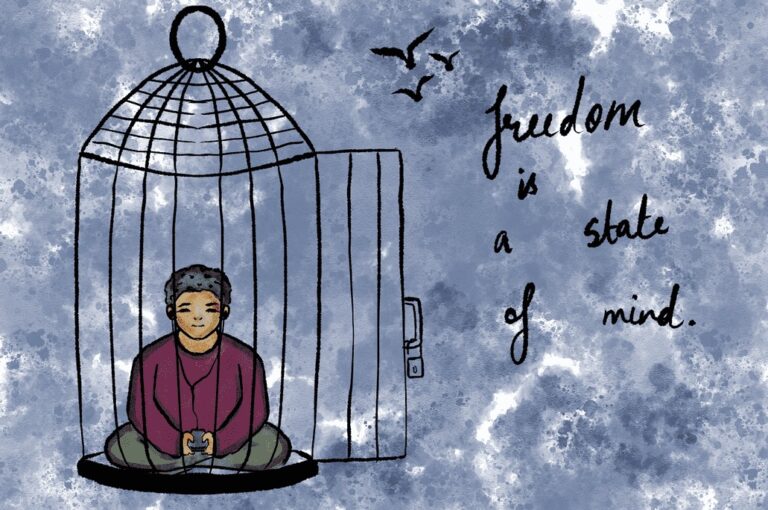
True freedom lies in being one’s authentic self, not just playing a role. The argument is on, how the excessive freedom can lead to stagnation and a lack of purpose.
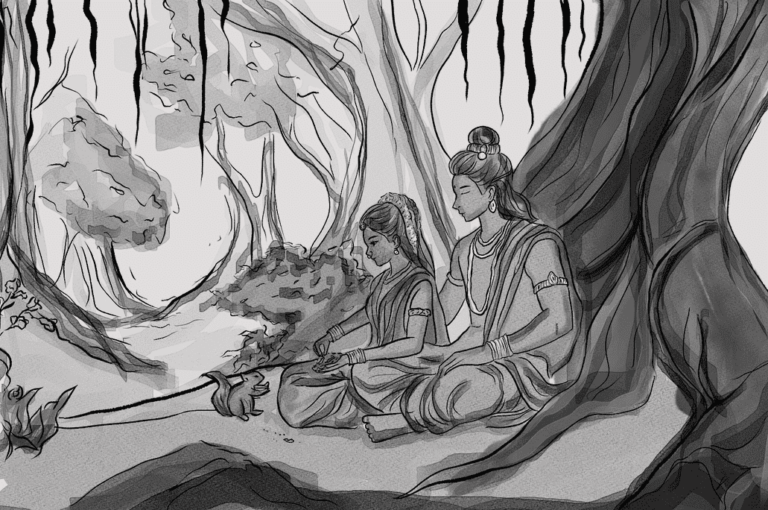
The zeitgeist of now is one where one Rama has steamrolled over these millions and mine too. In the immediate aftermath of the consecration of Rama Lalla in Ayodhya on January 22, and in view of what is destined to be a catastrophic fallout in coming years for India’s democracy, political health, culture, and even Hindu religion, this short story lets my Rama speak.
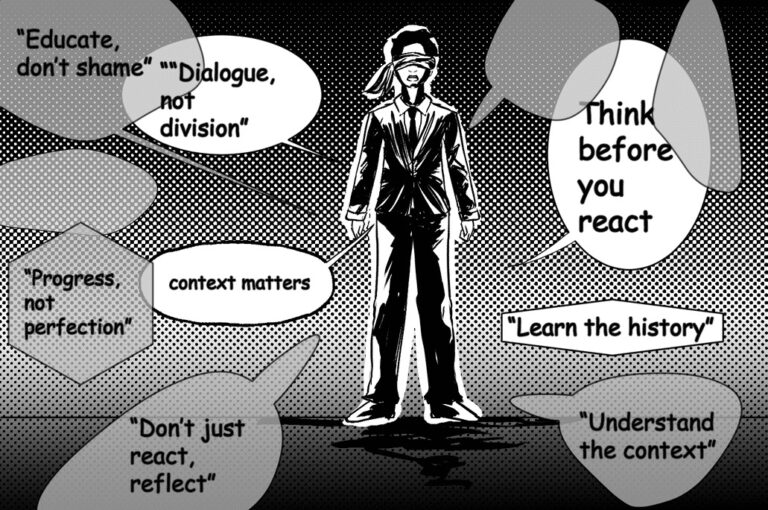
99% of the time, a lot of people who claim they are woke forget one small, tiny thing: they don’t think before they respond!
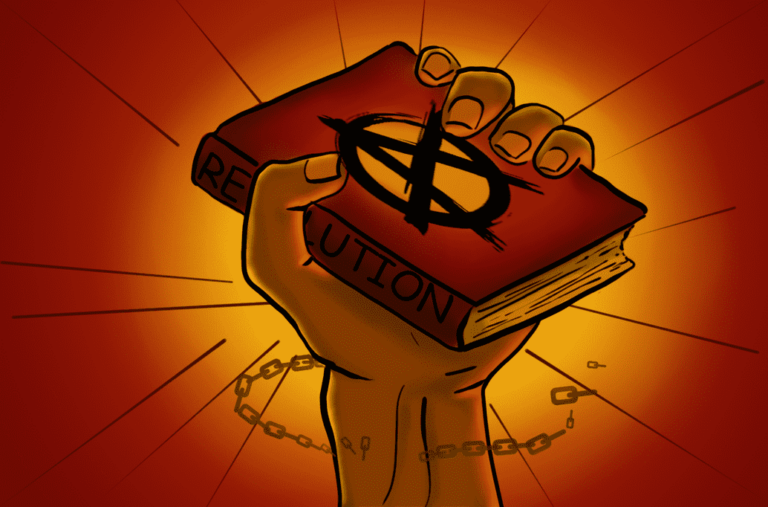
Anarchism is generally misunderstood as total lack of order. Instead, it is the highest degree of democracy to assimilate the social complexity.
#anarchy #politicalphilosophy

OpEd writing is an effective way to contribute where journalism and sociologists can have conversations about social progress.

Patriarchal world forces women to look at world as binaries. Mental health experts should consider socio political histories into their advice.
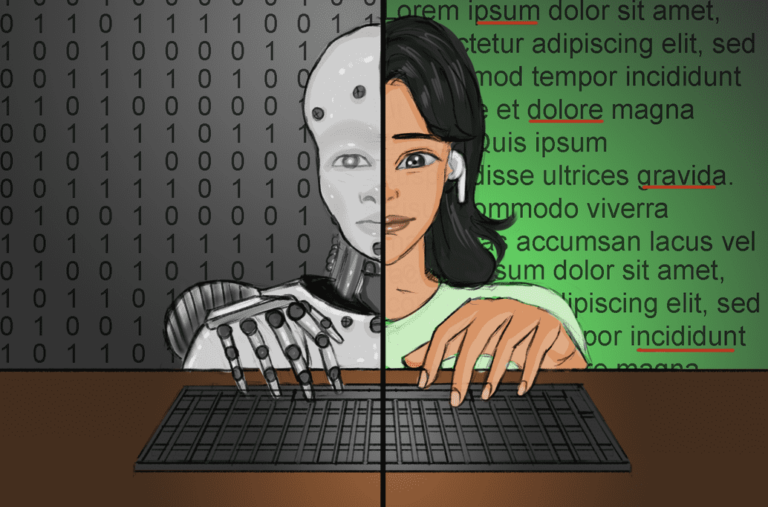
AI writing tools have advanced significantly over time, having both positive and negative effects on the humanities. While these technologies have made writing easier and raised the quality of authors’ work, it is essential to make sure that they are utilized sensibly and morally.
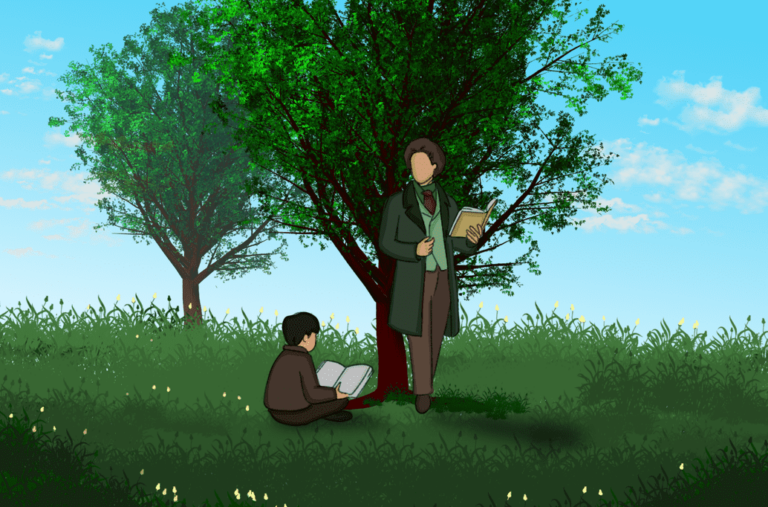
This essay summarizes the educational philosophies of five great educators that are often studied in the pre-service teacher education programme.
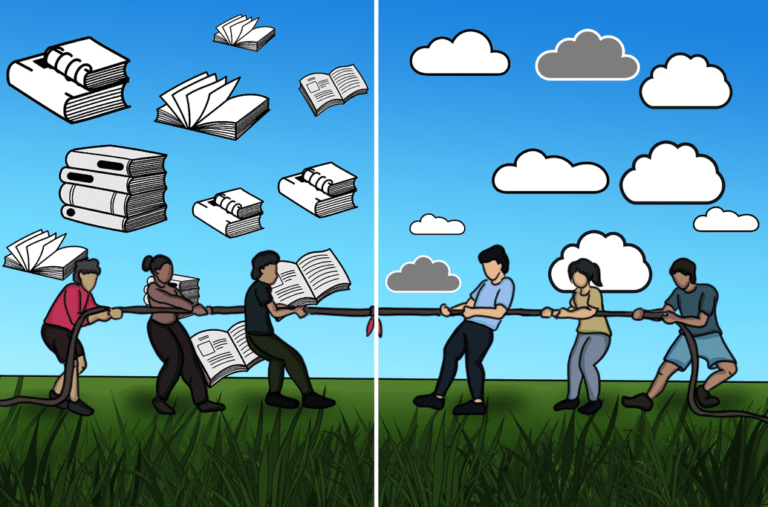
In an attempt to criticize post-modernism, one ends up realizing that they in fact have become post-modernists themselves.
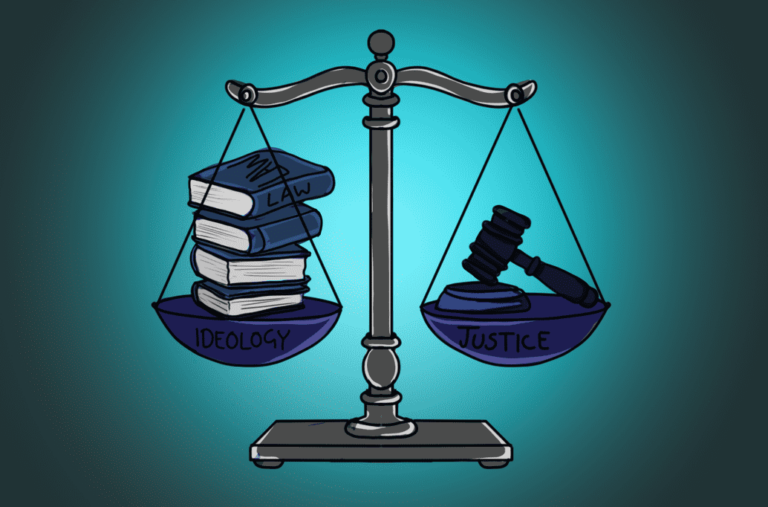
Contrary to the belief that violence is essential to the act of political foundation, Gandhi made the prescient observation that ‘what is granted under fear can be retained only so long as the fear lasts’